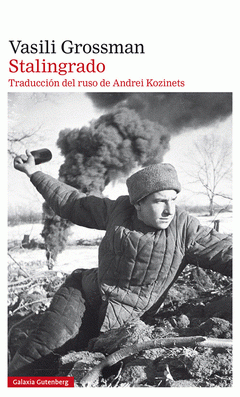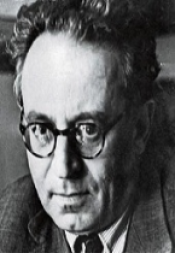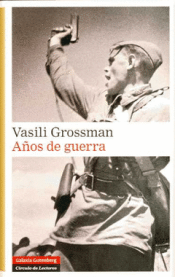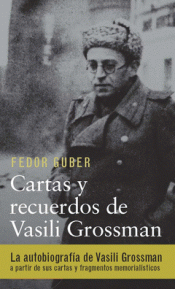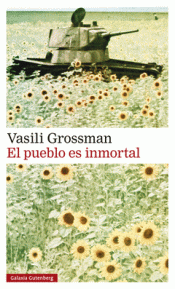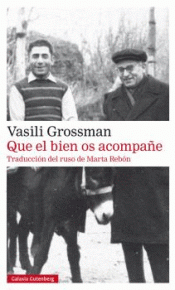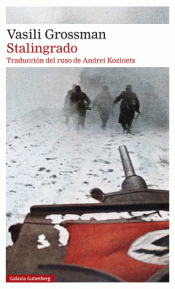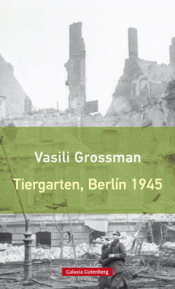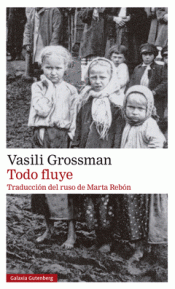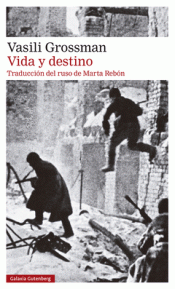Vasili Grossman quiso dejar constancia de todo lo que había vivido durante la Segunda Guerra Mundial, la muerte de su madre y de su hijastro y su experiencia como corresponsal de guerra, en un ambicioso ciclo novelístico en dos partes. La primera, iniciada en 1943 y publicada en 1952 con el título Por una causa justa, se tenía que titular Stalingrado. La segunda, escrita a partir de 1949, con los mismos protagonistas, sería Vida y destino. De las dos, Vida y destino es un clásico leído por miles de lectores en todo el mundo. La primera, en cambio, ha sido considerada como una novela de menor rango. Es más, Efim Etkind y Simon Markish, dos de las personas que más hicieron por salvar el manuscrito de Vida y destino, publicándolo por primera vez en Occidente en 1980, en el prólogo a dicha edición, afirmaban que Por una causa justa 'pudo haber ganado un merecido Premio Stalin, porque rebosaba amor por el régimen socialista...'. ¿Pudo Grossman escribir dos novelas tan desiguales a pesar de concebirlas como un todo y redactarlas una tras otra? La presente edición responde a esta pregunta. Aparte de devolver a la novela el título que para ella quería Grossman, Stalingrado, por primera vez la reconstruye con los más de cien fragmentos, algunos de un par de frases, otros de párrafos y páginas enteras, que la censura soviética obligó a suprimir. Con ello, la novela se enriquece y se llena de matices, hasta convertirse en una obra distinta de la que se había podido leer. Ahora, como afirma The Economist, 'igual que Vida y destino, la nueva Stalingrado es una obra maestra'.
AUTOR/A
GROSSMAN, VASILIJ SEMENOVIC
Vasily Semyonovich Grossman (Russian: December 12, 1905 - September 14, 1964) was a Soviet writer and journalist. Grossman trained as an engineer and worked in the Donets Basin, but changed career in the 1930s and published short stories and several novels. At the outbreak of the Second World War, he became a war correspondent for the Red Army newspaper Krasnaya Zvezda, writing firsthand accounts of the battles of Moscow, Stalingrad, Kursk and Berlin. Grossman's eyewitness accounts of conditions in a Nazi extermination camp, following the liberation of Treblinka, were among the earliest.<BR><BR>After World War II, Grossman's faith in the Soviet state was shaken by Joseph Stalin's embrace of antisemitism in the final years before his death in 1953. While Grossman was never arrested by Soviet authorities, his two major literary works (Life and Fate and Everything Flows) were censored during the ensuing Nikita Khrushchev period as unacceptably anti-Soviet, and Grossman himself became in effect a nonperson. The KGB raided Grossman's flat after he had completed Life and Fate, seizing manuscripts, notes and even the ribbon from the typewriter on which the text had been written. Grossman was told by the Communist Party's chief ideologist Mikhail Suslov that the book could not be published for two or three hundred years. At the time of Grossman's death from stomach cancer in 1964, these books were unreleased. Copies were eventually smuggled out of the Soviet Union by a network of dissidents, including Andrei Sakharov and Vladimir Voinovich, and first published in the West, before appearing in the Soviet Union in 1988.<BR><BR>Wikipedia

